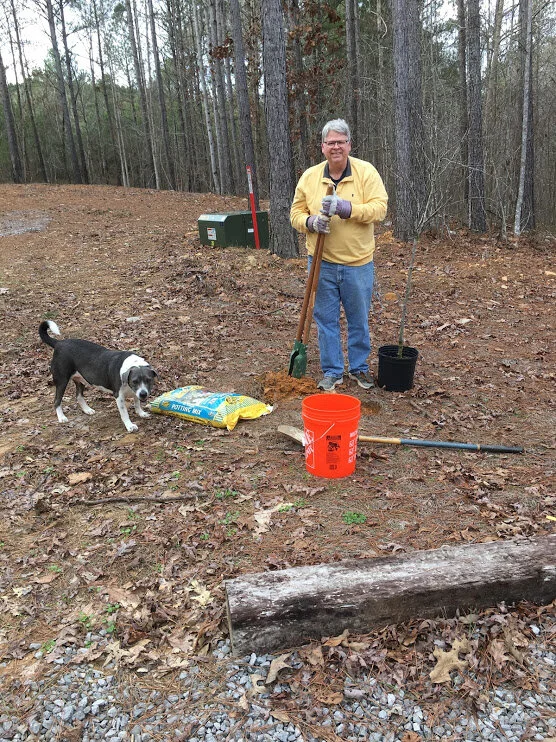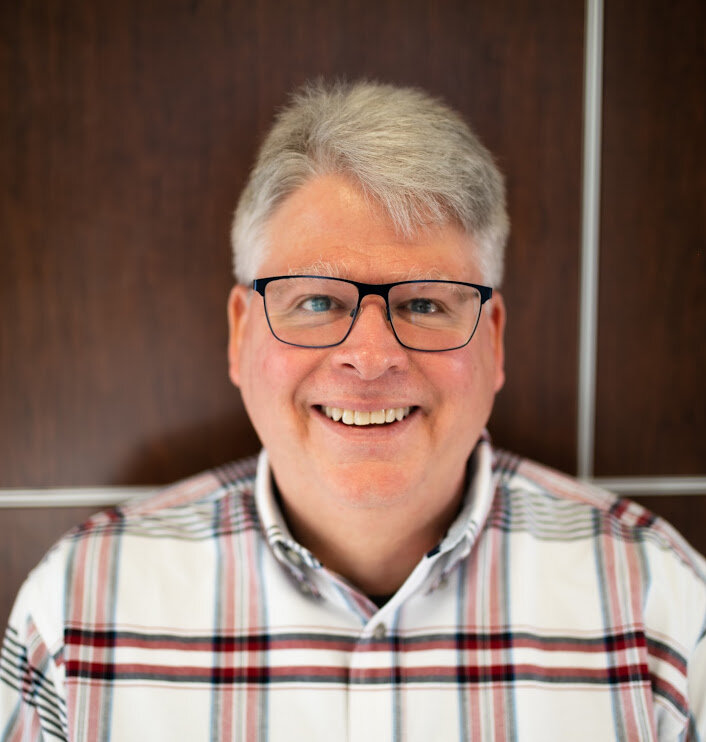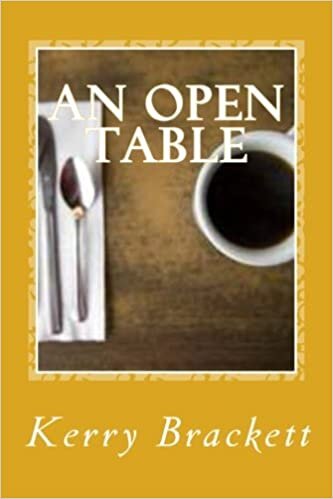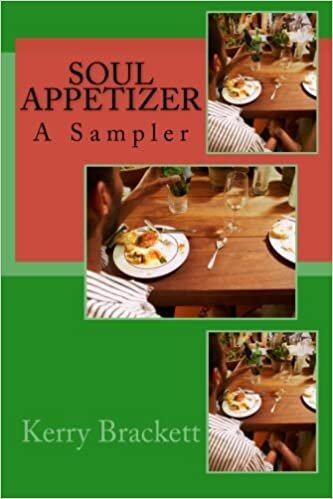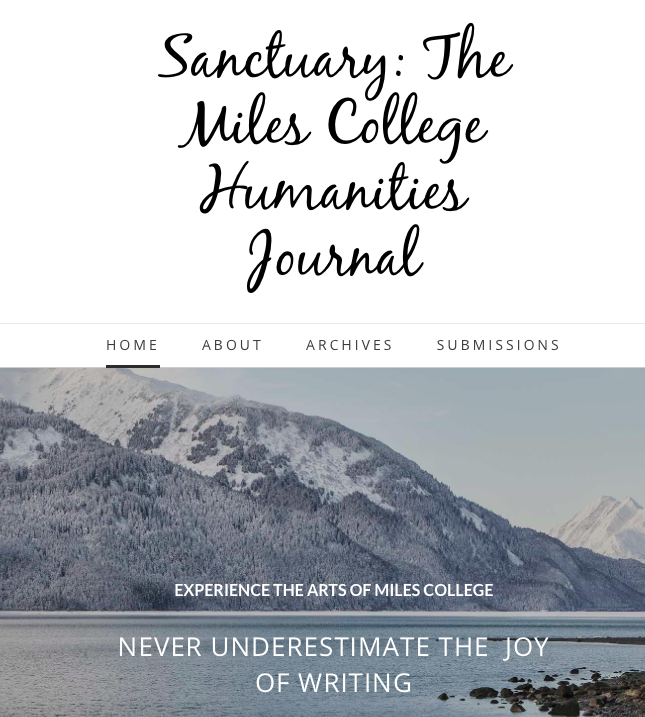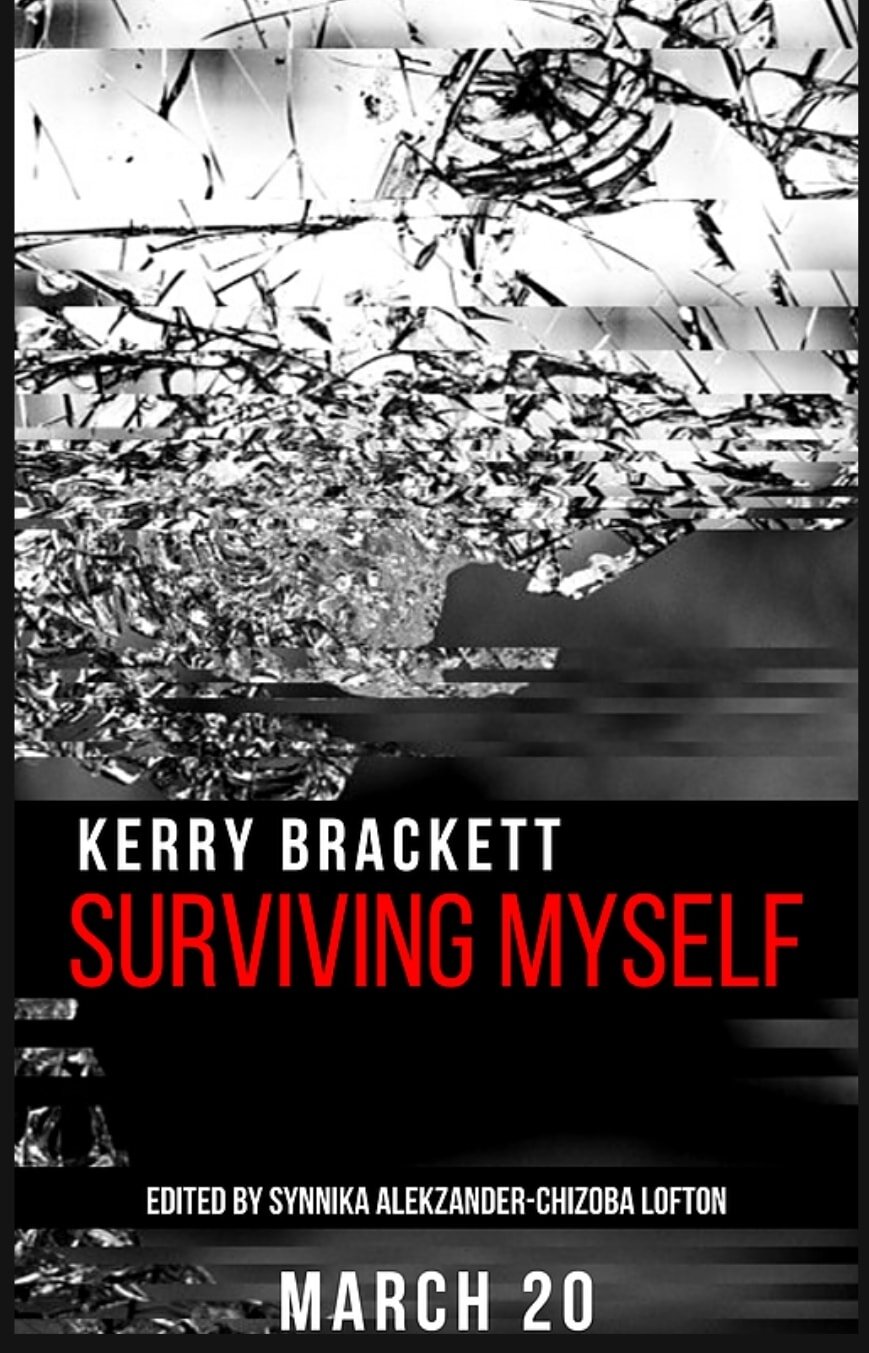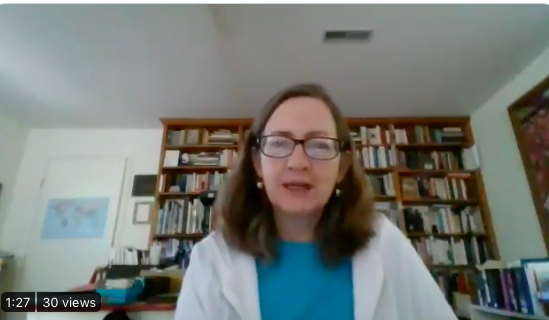Alina Stefanescu talks to Birmingham author Monique L. Jones about her new book, her web magazine, amazing Black Americans, and promoting a nonfiction book during a time of pandemic.
Author Monique L. Jones.
Because I got to hear you read and share at the book launch The Book of Awesome Black Americans, I'd love to start by asking you to tell us a little bit about your book--which is beloved in my house--and how it came about. I remember being surprised and inspired by the story since, in my mind, we write a book and then struggle to find a publisher.
MONIQUE JONES: The book literally came about because of my website, colorwebmag.com. Yaddyra Peralta, my editor at Mango Publishing, is a fan of my writing, and she thought of me for this book, which is the second in Mango’s “The Book of Awesome” series. After the editorial team decided between me and another writer in the running, I was officially given the opportunity to write the book.
I’d always wanted to write a book, but I never knew when that opportunity would come. On the practical, non-spiritual side of things, this goes to show how important putting your best work out there is, as well as making lasting connections, because you never know when an opportunity will strike. But I also count this as a spiritual lesson for me--God had placed the will to write a book on my heart because He knew I could do it, and sought to give me that opportunity specifically at a low point in my life. I’d been--and still am, frankly--dealing with depression and anxiety after a terrible situation at a former job, and I was doubting my abilities, my mind, and even my purpose for living. It was during this dark night of the soul that I was given the responsibility to write this book and use it as an opportunity to give back to future generations so they can be better than the generations that have come before them. That responsibility is something I’ve always wanted to take on, and it’s fascinating to me that the opportunity to put my mission into practice came when I was doubting if I was the right vessel for such a task. It’s a lesson that I’m still learning from and accepting today, even as I write this response.
This story means so much--it testifies to many things, including the value of having a blog or creating a web magazine that makes space for the writing you want to do in the world. I don't think we can ever imagine who is reading us, or how that will create opportunities, as you said. How did Color Web Mag come about? And how do you decide what to feature? What are your favorite topics?
Just Add Color’s original iteration, Moniqueblog, started between my sophomore and junior years of college, after my mom said she thought I’d be good at writing about entertainment because of my love for movies and television. I was already the editor-in-chief of UAB’s paper, the Kaleidoscope, so I worked on my blog in between my time at the Kaleidoscope.
At first my site was generic, more in line with general entertainment news, but it was after a negative comment on a post I made about the then-upcoming live-action adaptation of Avatar: The Last Airbender, a Nickelodeon animated series focusing on Asian and Indigenous characters, that I began to think about how race and culture are reflected in entertainment. Even though the animated characters were non-white, most of the actors chosen from the roles were white.
The negative comment focused on how I had initially excused away some of the bad casting decisions as “people being right for the job,” when in actuality, the casting decisions reflected how racially and culturally biased Hollywood can be, even with an Indian-American, M. Night Shyamalan, as the director. Internally, as I was writing the post, I didn’t agree with the casting choices either, but the comment made me realize how I’d still internalized the harmful thought of non-POC actors somehow being “better” for the role based on “talent” rather than recognizing the racist systems in place that keep POC actors from even being considered for POC roles. It was then that I decided to turn my site into a place for my own self-discovery as well as an avenue where readers can learn along with me. I’ve always used entertainment to learn more about myself as well as the world around me, so the comment presented a challenge to me to bring that personal habit to my website. I’ve kept that challenge alive with Just Add Color as well, applying all of the knowledge I’ve gained to give my commentary on Hollywood and how it intersects with our societal ideas about race and culture.
One of my favorite parts of my old site was when I wrote a series of articles on Hadji from Jonny Quest and its ‘90s sequel series, The Real Adventures of Jonny Quest. Through that series, I hoped to teach viewers more about India through Hadji’s character, including learning more about his home country, Bangalore, Sabu--the ‘40s actor who inspired Hadji’s creation, and I even conducted an interview with Hadji’s voice actor, Michael Benyaer, about what the character meant to him as a brown actor in Hollywood. I also loved writing about the series Sleepy Hollow, which pressented audiences with a masterclass of how networks can interfere with a show’s dynamic--in this case, a set-up for an interracial couple on television--and ruin it by being too afraid to portray how love can occur between anyone, regardless of race.
For my current site, Just Add Color, I’ve loved writing about BTS, the K-pop boy band who has taken the world by storm. I’ve written about a lot of their ups and downs (one of the articles was cross-posted to Asian-American cultural site Reappropriate), but in particular, I’ve written about how they are redefining the K-pop industry, an industry that has routinely appropriated Black American culture without paying proper homage, by actually giving back to African-American fans and the culture, most recently through their $1 million donation to Black Lives Matter. I also have a popular Queer Coded and Color Coded series in which I analyze how some characters in TV or movies are coded in a way for us to recognize difference (usually in a negative way, unfortunately). My brother Julian also writes film reviews for my site as well, and it has been great to be able to give him his first job and foster his writing voice.
The way Just Add Color has expanded to cover more aspects of the entertainment industry--the way it identified and embraces this challenge rather than shirking it--is incredible. I've heard you mention before that you prefer writing to speaking--that writing is where you feel more comfortable--and your writing output is a prodigious testament to that. It's like you think with the reader as you write, and bring that level of engagement to your words. On that note, you've experienced having your first book launch as this pandemic began to spread. How are you juggling the demands of publicizing your book with the constraints imposed by physical distancing? And what advice do you have for writers who feel uncomfortable with in-person interviews?
I hope I have been juggling the demands of book promotion, especially during the pandemic, well. I always feel there’s more I can do with anything because I’m a perfectionist and have been taught since an early age to try to do everything to my best ability. I’m also someone who has had to become more comfortable with self-promotion despite the fact that I have to self-promote my site on social media. The book, I feel, has required me to up my game of self-promotion, so that has been a challenge. But I have done well, overall, since one of the people I featured in my book, model Leyna Bloom, actually promoted the book to her followers on Twitter and Instagram. So hopefully, along with my own efforts, I can get more subjects from my book to get the word out.
My advice for writers who don’t particularly feel comfortable with in-person interviews is to remember that the interviewer is just a person with flaws, just like anyone else. I’ve learned this as an interviewer myself.
For my profession as an entertainment writer, I’ve interviewed hundreds of TV and film actors, producers, directors and social media creators over my near-decade in the industry. Before that, I was interviewing students, professors and others at UAB for the Kaleidoscope. At the very start of my journalism career, I was very nervous; I wasn’t someone who was used to public speaking, much less interviewing someone one-on-one. Sometimes, I’d have to push myself out of the car to go complete my interview assignment for the week. But the repetition of doing those interviews helped me gain a quiet confidence and a thicker skin when it comes to managing my social anxiety. Even though I still get nervous before interviews, the nervousness usually lasts for a couple of minutes before a call instead of a week in advance because I know the person on the other end of the call, regardless of their status in society, is just another person who has a full life with ups and downs like me.
Secondly, it’s important to remember that you, as the person being interviewed, actually hold the power in the interview. It might seem like the interviewer is the one who is calling all of the shots since we are the ones with all of the questions. But we are like any other journalist, looking to the people with the answers and opinions to help us with our story. We are, in fact, trying to elevate other people’s stories and help create better understanding for readers. So if you’re being interviewed, remember that the interviewer is looking to you to showcase your expertise; interviewers are just there to document it.
You might find that you’re actually a natural at being interviewed. Even though I have anxiety issues, I do recognize that I do have a knack for speaking, particularly when it comes to capturing people’s attention (and hopefully inspiring them). I think some of my success comes from just being myself. That’s the third piece of advice I’d give. Being yourself goes a lot farther in life than trying to be someone you’re not. This is advice I have to constantly give myself in other areas of my life, because I realize that part of my anxiety comes from the false belief of thinking I’m not enough. But if you are yourself, you are at your most authentic, and people can connect to folks who are authentic and real.
Monique with her sister, Alabama poet Ashley M. Jones at Thank-You Books in Birmingham.
“We are, in fact, trying to elevate other people’s stories and help create better understanding for readers. So if you’re being interviewed, remember that the interviewer is looking to you to showcase your expertise; interviewers are just there to document it. ”
From Black American Environmentalists to little-known Civil Rights leaders, your book covers so many important historical and contemporary persons. If you had to pick to Black Americans from your book that inspired you and that you wish people knew more about, who would they be and why?
I’d pick Ron Finley, a master of urban and guerilla gardening. He reminds me a lot of my dad in the sense that both are passionate about putting something good back into the earth. I’ve written in another post, before I was even approached about writing a book, about how my dad’s gardening is inspiring because of how it shows how the simple garden can give so much back to families, nature and the world. My dad can take almost any piece of our back and front yards and make something spectacular. For instance, a part of my parents’ backyard used to support a large child’s wooden fort, built by the home’s former owners. My dad tore down the fort and used the wood as a frame for a large garden. He recreated some other dead space near the new garden into a flower garden, complete with large sunflowers. That’s just two of the gardens in my parents’ backyard.
Finley gives me the same feeling with how he is able to reclaim dead spots of grass near a neighborhood curb and use it as a small vegetable garden. In turn, those multiple dead spaces he’s able to reclaim can produce food for low-income families, beautify neighborhoods left behind or seen as “unworthy,” and inspire others, especially younger people, to take care of nature. His work also teaches that nothing is ever without value, a lesson that goes beyond just thinking about the environment. Everyone and everything has the ability to contribute something meaningful to life, if they are nurtured and given a chance. Finley gives that chance to his community, and we should take that lesson and implant it in our own communities (and in ourselves) as well.
Another Black American I had to include was Tamron Hall. I would watch her on MSNBC nearly every day, and I’ve been a fan of her new talk show. Her commitment to journalistic excellence and integrity is something I really admire, and I hope I am imbuing those qualities in my own work. I hope that one day, I can put my book in her hands to tell her how much her work has meant to my career and how I have looked up to her as a beacon for Black female journalists like myself.
Apart from Just Add Color, are you working on any other projects right now? If you could publish your dream book--the book that you got to fill in any way you wanted--what would it be about and why?
I’m always working on my site and I’m trying to keep a promise to myself to get back into writing screenplays, something I used to do in college. A dream goal is to have a screenplay of mine optioned for a film or television series. I’m also working on rebuilding my drawing and painting hobbies; I’ve drawn ever since I was 5 years old and I went to the Alabama School of Fine Arts for visual art. But demands for work and adulthood have gotten me out of my long-standing drawing habit. So I’m working on re-aligning myself with my former passions that helped me understand myself in the world.
My dream book--something I’m going to eventually make happen, I hope--is a YA book series about Black nouveau riche in 18th century England. I love watching period dramas and I love 18th century fashion history among other fashion periods--a book I’d recommend for anyone who loves that period is Queen of Fashion: What Marie Antoinette Wore to the Revolution by Caroline Weber. I also love the idea of exploring what Black people were doing at this time, because not everyone was a slave, servant, or even poor. One person I will look to when writing this book is the life of Mary Fillis, a 16th century Black Spanish woman who was a servant in England before working her way up to becoming a highly sought-after dressmaker. The BBC has many more clips about under-reported Black history (as well as this Facebook video that links most of the clips in one quick post).
I also have a screenplay idea I’ve been working on regarding POC vampires and other cryptids living in the height of the disco era. Again, fashion--this time, late ‘70s fashion--is a big draw, as well as the music of that time and my own love for vampiric lore. I hope the story will be a creative way for me to merge my love of music, fashion and my spooky side.
I love this screenplay idea—and your “spooky side"“—and I'm hoping we get to see it sooner rather than later. Thank you for this insightful and incredible conversation. And now, because we are Alabama writers, I have to ask the critical final question, namely, your two favorite places in Birmingham (or Alabama) and your favorite local place to eat.
My first favorite Birmingham spot is the Birmingham Botanical Gardens. Growing up, it’s a place my family would frequently go to on the weekends and now that I live right across from it, it’s a place I go to for exercise and communing with myself and nature. Also, since I work from home, it’s one of the few places I can walk to in order to interact with others and feel like a part of society.
My other favorite place is Railroad Park. Walking is my preferred form or exercise, so if I’m not at the Botanical Gardens, I like going to Railroad Park to get some sun, walk with family and watch others taking in the scenery. Railroad Park is one of the best things to come to Birmingham in a long time.
My favorite local place to eat is Taj India. Even though I’m not part of the culture, I always feel at home inside Taj India, and the food always makes me feel like I’m eating a mother’s home-cooked meal. Taj India is definitely a comfort food place for me.
Thank you so much for the time and insight you offer in this interview. As for readers, don’t miss out on the latest from Just Add Color, and make sure to get a copy of The Book of Awesome Black Americans to share with friends, family, Little Free Libraries, and anyone you love.
Monique Jones is an entertainment and pop culture writer, media critic, and TV/Film reviewer. Jones has graduated with a bachelor’s degree in Communications Studies from the University of Alabama at Birmingham and has written for ShockYa, TV Equals, Racialicious, Black Girl Nerds, The Nerds of Color, Tor, Ebony, Entertainment Weekly, SlashFilm, The Birmingham Times and The Miami New Times. She also writes about pop culture and media as it relates to race, culture, and representation at JUST ADD COLOR (colorwebmag.com).








